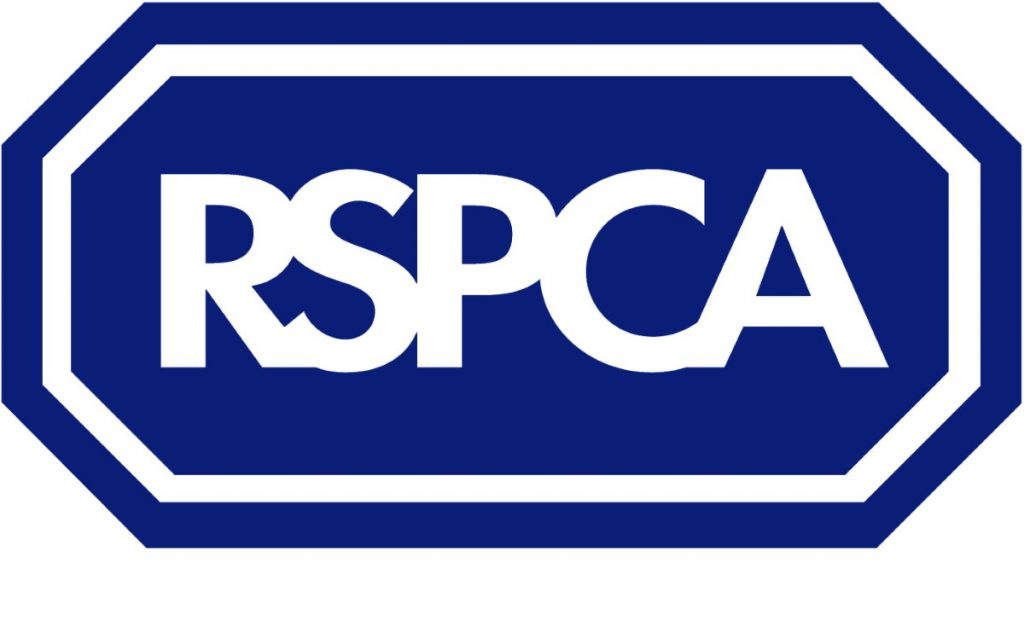RSPCA bracing itself for influx of unwanted fish after release of Finding Dory
Goldfish are often a child’s first pet but are soon referred to as the forgotten pet as many are neglected and cast aside.
Over the last five years the RSPCA has collected almost 10,000 fish following calls from members of the public about their welfare and is expecting further unwanted and neglected fish to come into its care following the release of Finding Dory.
Now the animal welfare charity is trying to help owners care for their fishy friends by giving advice and guidance on what they need to be happy and healthy.
Alexandra Jones, RSPCA exotics scientific officer, said: “Fish – particularly goldfish – are often seen as an easy first pet for children however it is still really important they are cared for properly and the conditions they live in are a vital part of that. They need regular routine care and have very specific needs.
“A common misconception with goldfish is the age and size they can reach. Lots of people think goldfish live for about five years and generally grow to about 12 cm in length. The fact is they're known to live for over 25 years and some can reach over 30 cm!
“Fish can be challenging to keep. They can't show their feelings as clearly as mammals do and meeting their complex biological, environmental and behavioural needs takes a great deal of preparation, investment, time and care.
“Sadly many owners who buy exotic pets on impulse after seeing a film or TV show don’t find out how to care for the animals first. When they then realise how much space and care the animal requires they can lose interest, or feel unable to care for them anymore. As a result exotic pets are often abandoned, given up to animal rescue centres or released into the wild.
“Many people bought clown fish after the release of Finding Nemo in 2003 which led to a large number of fish being neglected or dumped when they grew too large or were more difficult to look after than expected. We are bracing ourselves for a similar trend once again.
“We want to help fish owners make sure they are providing a happy and healthy environment for their fish to thrive so have published these care sheets so everyone has easy access to important information.”
The RSPCA is also promoting the Big Fish Campaign, an initiative to reduce the amount of large fish being given up for adoption when they outgrow the owner’s tank. Such ‘tank busting’ fish include red-tailed catfish, giant gouramis and certain species of pleco catfish. Many of these fish end up being given up to public aquariums because owner did not fully research these fish and so may have been unaware of their adult size.
Anyone who would like extra information on how to care for a pet fish should visit www.rspca.org.uk/fish.
Number of calls to the RSPCA cruelty line spiked in 2004, after the release of Finding Nemo.
Movie mania around exotic pets –
http://blogs.rspca.org.uk/insights/2014/10/17/resisting-the-t-u-r-t-l-e-power/#.VzGW9IQrJxA
RSPCA, Wilberforce Way, Southwater, Horsham, West Sussex RH13 9RS
Press office direct lines: 0300 123 0244/0288 Fax: 0303 123 0099
Duty press officer (evenings and weekends) Tel 07825 158490
Email: press@rspca.org.uk Website: www.rspca.org.uk





-01.png)